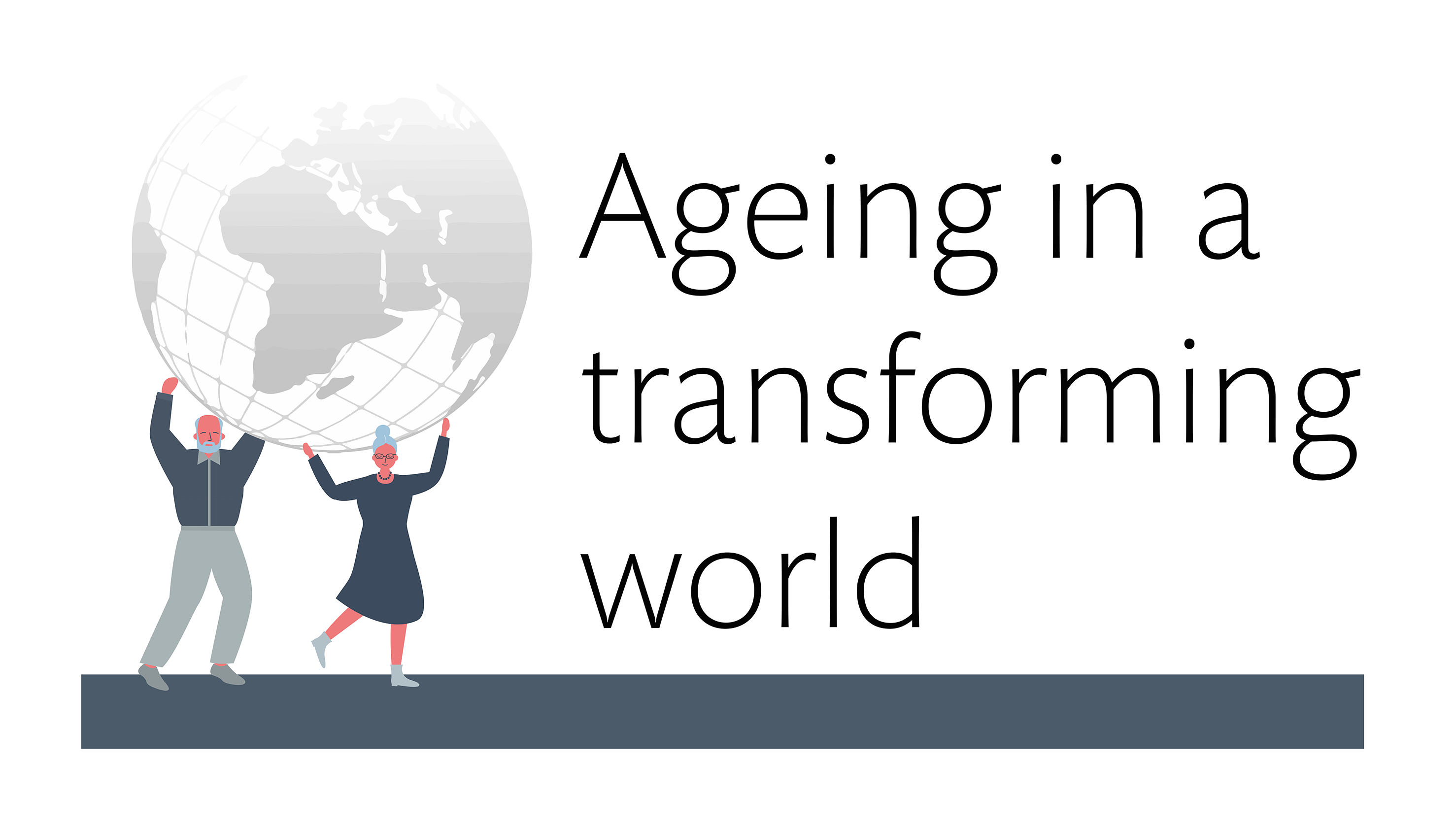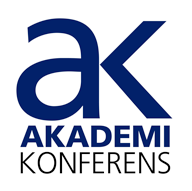Keynote speakers
The NKG is a multidisciplinary event, and we are proud to present five excellent speakers who with their special knowledge, expertise, and experience will broaden the participants’ perspectives beyond the themes of their own immediate research areas.
Every keynote presentation will be facilitated by an invited moderator that is familiar with each speaker’s expertise. Each keynote session is planned to be one hour long.
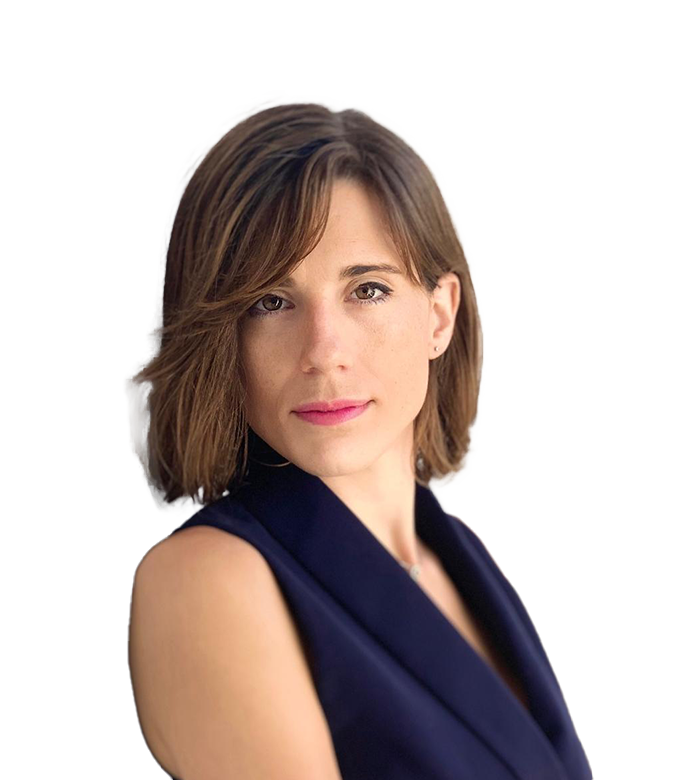
Vânia de la Fuente-Núñez
Dr de la Fuente-Núñez works as an independent senior consultant in healthy ageing, offering technical and strategic advice to different entities to help improve the lives of older people, their families, and communities. Her portfolio of services to advance the UN Decade of Healthy Ageing (2021-2030) ranges from research, advocacy and capacity building to strategy development and evaluation. She is a recognized public speaker, who is spearheading efforts to attract funding in this space, develop national policies, and support organizations and governments to better respond to population ageing.
Before working as an independent consultant, Dr de la Fuente-Núñez worked as an international civil servant for the World Health Organization for close to nine years. In this role, she was responsible for the Global Campaign to Combat Ageism, co-authoring the landmark Global Report on Ageism of the United Nations.
Keynote: “Ageism: a public health issue”
This thought-provoking keynote will explore the critical intersection of ageism and public health. The keynote will delve into the far-reaching consequences of ageism on the health and well-being of individuals and society as a whole and the disparities it generates. Through compelling insights, an overview of the latest evidence, and actionable solutions, this keynote will examine how combating ageism is not only a matter of social justice but a public health priority.
This session will be moderated by Marja Jylhä, Professor of Gerontology at the Faculty of Social Sciences, Department of Health Sciences at Tampere University, and a team leader in the Centre of Excellence in Research on Ageing and Care, funded by the Academy of Finland.
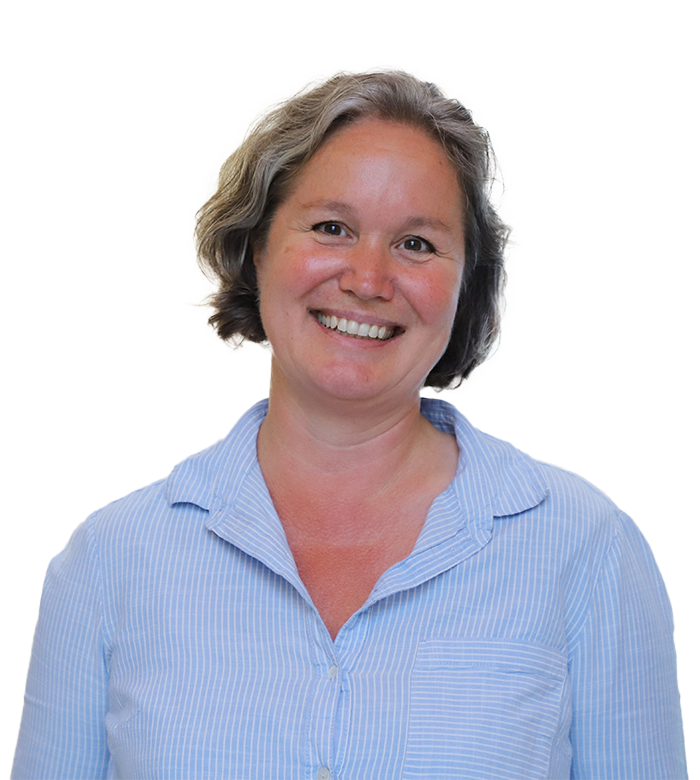
Marijke Veenstra
Dr Veenstra is Research Professor at the Health Services Research Unit at Akershus University Hospital in Norway. She is interested in research and policies addressing social inequalities in later life. Dr Veenstra has a background in medical sociology from the University of Groningen, The Netherlands and a PhD from the Faculty of Medicine at the University of Oslo. Between 2013 and 2018, she was the research director at Norwegian Social Research at Oslo Metropolitan University and the previous president of the Norwegian Society for Aging Research. She coordinated the national research infrastructure for NorLAG – the longitudinal Norwegian Life Course, Ageing and Generation Study.
Dr Veenstra is and has been involved in a number of major research projects. Currently, she leads the TRILL project, funded by the Research Council of Norway, which aims to map key transitions in later life and their impact on opportunities for ageing well, across sex, socioeconomic position and local contexts.
Keynote: “Tackling social inequalities at older ages – A battle worth fighting?”
Population ageing entails a need for more knowledge about social inequalities among older adults. This is also the case for the Nordic countries, where equality traditionally has been a key characteristic. What does recent and ongoing research tell us about emerging patterns of inequalities in later life and what are the mechanisms that shape (un)equal opportunities for ageing well?
This session will be moderated by Johan Fritzell, Professor in Social Gerontology. He was the previous Director of the Aging Research Center (ARC) at Karolinska Institutet, and previous Research Director at the Institute for Futures Studies. He is a member of the executive committee and board of LIS – Cross-National Data Center in Luxembourg and member of the Governmental Swedish Welfare Commission, and a Swedish coordinator and expert to the European Social Policy Network.
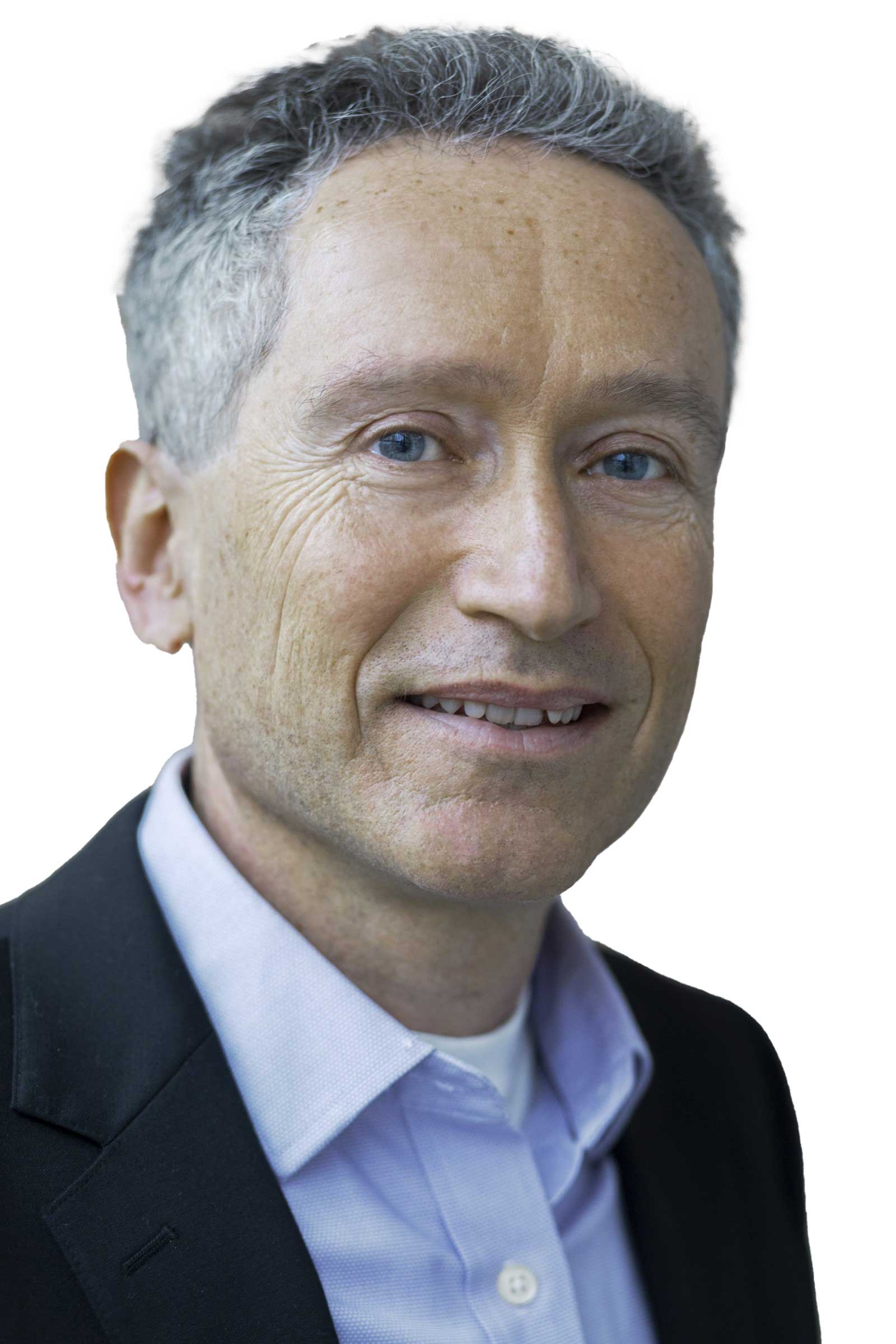
Jan Semenza
Dr Semenza has dedicated his career to epidemiologic research on the intersection of climate change and health. Notably, he spearheaded the US CDC response to the 1995 heat wave in Chicago, a tragic event that claimed over 700 lives. His efforts were recognized with a Certificate of Commendation. He has held faculty positions at esteemed institutions such as UC Berkeley, UC Irvine, Oregon Health and Science University, and Portland State University. In his most recent role, he served as the head of the Health Determinants Section at the European Centre for Disease Prevention and Control (ECDC) in Stockholm, Sweden.
Dr Semenza is a lead author of the Intergovernmental Panel on Climate Change (IPCC) AR6 report on climate change and infectious diseases. At the Lancet Countdown in Europe, he is currently co-leading the development of climate change and health indicators to monitor trends over time. Presently, Dr. Semenza is affiliated with the Department of Sustainable Health at Umeå University in Sweden and the Heidelberg Institute of Global Health at the University of Heidelberg in Germany.
Keynote: “Health impacts from climate change”
In 2022, heat records were broken throughout the world and in 2023, the highest global temperature was recorded, in 100,000 years. Today, adults older than 65 years, are exposed to twice as many heatwave days as they would have experienced in 1986–2005, putting their lives at risk. Climate change is also responsible for infectious diseases threats, such as West Nile fever, that are particularly dangerous to older adults. This keynote address will illustrate some of the public health impacts from climate change and how they pertain to older adults. An emphasis will be placed on climate change adaptation to prevent some of these impacts in the near term.
This session will be moderated by Peter Stenvinkel, Professor of Nephrology at Karolinska Institutet, who conducts translational research with focus on biomimetic and planetary health studies to learn from solutions developed in nature in collaboration with ecologists, biologists, and veterinarians.
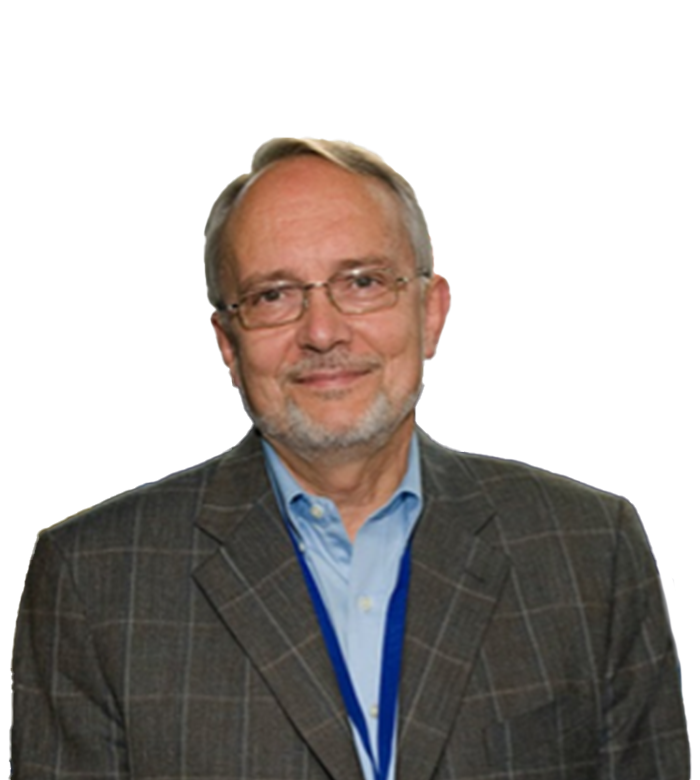
Alexandre Sidorenko
Dr Sidorenko is a Senior Advisor at the European Centre for Social Welfare Policy and Research (Vienna, Austria); a member of the Board of HelpAge International (London, UK); International Tutor at the International Institute on Ageing (UN-Malta); and a member of the Societal Advisory Board for the Joint Programming Initiative More years, better lives (EU).
Previously, he served as the Chief of the Population Unit, United Nations Economic Commission for Europe (Geneva, Switzerland, 2010); and Head of the United Nations Programme on Ageing (Vienna – New York, 1988-2009). Within the United Nations, he acted as Coordinator of the International Year of Older Persons (1999). He also coordinated substantive preparations of the Second World Assembly on Ageing, including drafting the Madrid International Plan of Action on Ageing.
Keynote: “International action on ageing: Adjusting to a changing world”
For several decades, international action on ageing has been led by the United Nations and other international organisations. It was a time of hope, promise and disappointment. The new reality requires adjusting responses to the challenges and opportunities of population and individual ageing.
This session will be moderated by Sandra Torres, Professor of Sociology and Chair of Social Gerontology at the Department of Sociology in Uppsala University, and the President of the Socio-Behavioral Section of the International Association of Gerontology & Geriatrics: European Region (IAGG-ER).
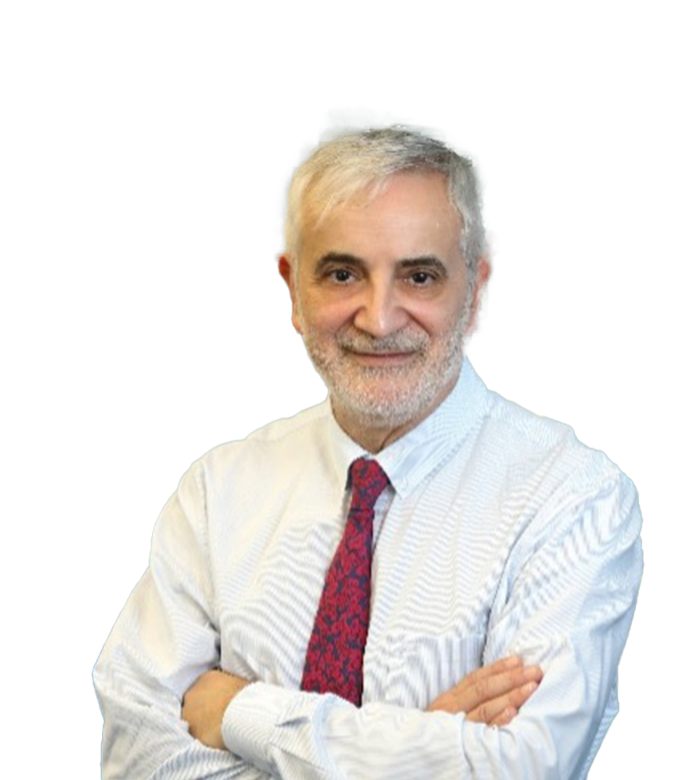
Luigi Ferrucci
Dr Ferrucci is a geriatrician and an epidemiologist who conducts research on the causal pathways leading to progressive physical and cognitive decline in older persons. He is currently the Scientific Director of the U.S. National Institute on Aging, since May 2011.
Dr. Ferrucci has made major contributions to the design of many epidemiological studies conducted in the U.S. and in Europe, including the European Longitudinal Study on Aging, the “ICare Dicomano Study,” the AKEA study of Centenarians in Sardinia and the Women’s Health and Aging Study. He was also the Principal Investigator of the InCHIANTI study, a longitudinal study conducted in the Chianti Geographical area (Tuscany, Italy) looking at risk factors for mobility disability in older persons. From 2002 to 2014 he was the Director of the Baltimore Longitudinal Study on Aging.
Keynote: “The transformative role of the biology of ageing for the new chapter of medicine”
In the keynote I will point out to the discoveries that lead to the Geroscience Hypothesis, namely that the biology of ageing is the root cause of chronic disease and both physical and functional disability that develop in late life. In describing the mechanisms of ageing, I will state how, by pure serendipity, gerontologists discovered the mechanism of life and health. I will propose that empowering this mechanism of “intrinsic prevention” will be transformative of medical practice toward a larger focus on healthy longevity.
This session will be moderated by Laura Fratiglioni, Professor in Geriatric Epidemiology at the Aging Research Center (ARC) of Karolinska Institutet, principal investigator of the SNAC-Kungsholmen population study, and co-investigator in several Swedish (Swedish Brian Power) and European consortia (NEW-AGE, HATICE, ESCAPE; MPI-age).

Contact us
Congress Secretariat: Academic Conferences
Email: nkg2024@akademikonferens.se
Support abstract questions
abstracts+nkg2024@invajo.com
Phone +46 18 67 10 34 or +46 18 67 10 03
Important dates
2 October 2023 - Abstract submission and registration open
29 November 2023 - Deadline abstracts for symposia
15 January 2024 - Notification for accepted symposia
25 January 2024 - Deadline oral presentations and posters
26 February 2024 - Notification for accepted oral and poster presentation
26 February 2024 - Deadline for submission of individual abstracts within accepted symposia
8 March 2024 - End of Early Bird registration
15 May 2024 - Deadline to register with an accepted presentation
12-14 June 2024 Congress dates
